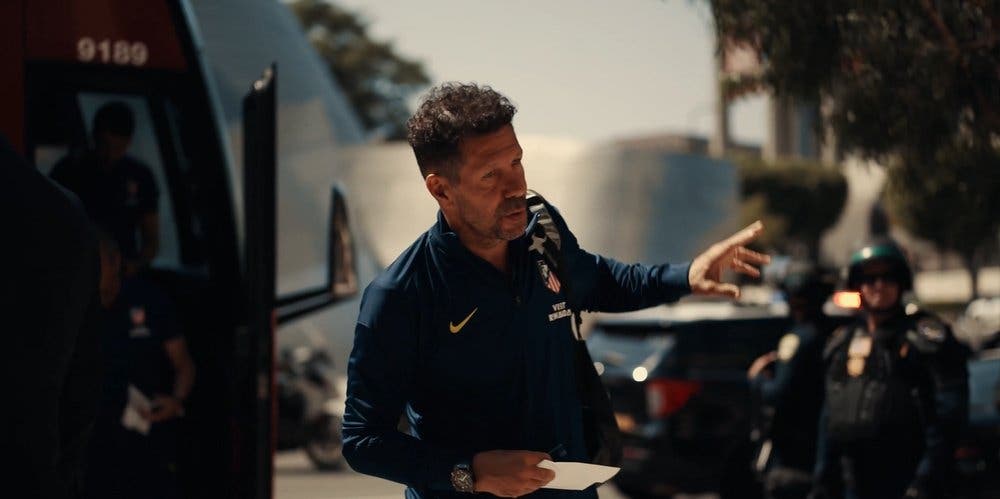Is the Club World Cup at Risk Due to Protests in Los Angeles?
Just days before Atletico Madrid debut in the Club World Cup, scheduled for June 15, the city of Los Angeles is experiencing significant social unrest that could jeopardize the tournament development.

Since June 6, the streets of the California city have been the scene of protests against immigration policies promoted by the U.S. administration.
The situation has escalated to the point that Los Angeles Mayor Karen Bass declared a curfew in effect until Wednesday at 6:00 a.m. (local time) a decision that authorities have described as “necessary to protect lives and safeguard property” after several consecutive days of conflict, she said during a press conference announcing the measures.
This unstable context has raised concerns among football fans: Is the Club World Cup in Los Angeles at risk? Worries are mounting as the highly anticipated match between Atletico Madrid and Paris Saint-Germain, current Champions League titleholders, approaches on Sunday, June 15.
FIFA Position
So far, FIFA, led by President Gianni Infantino, has not released any official statement regarding the potential impact of the protests on the tournament organization. However, Meg Kane, executive director of the Philadelphia host committee, recently acknowledged at an event in New York that federal immigration policies have created serious logistical challenges. She made these remarks to The Guardian.
What Will Happen with Atletico?
The days leading up to the debut, especially from June 12 to 14, will be crucial in determining whether the original schedule will be maintained or if alternative measures will be activated. FIFA is considering three possible scenarios depending on how the unrest evolves:
- Proceed as planned, relying on the established security protocol and the ability of local authorities to contain the unrest.
- Partial relocation, if the protests intensify, which could include hotel changes, increased security escorts, and training in closed facilities.
- Extreme measure, which would involve potentially relocating matches or training sessions to other U.S. cities with greater stability though this would pose significant logistical challenges for teams, media, and fans.
For now, uncertainty reigns over the tournament play on Los Angeles soil. The ball remains stationary, at least off the field.









